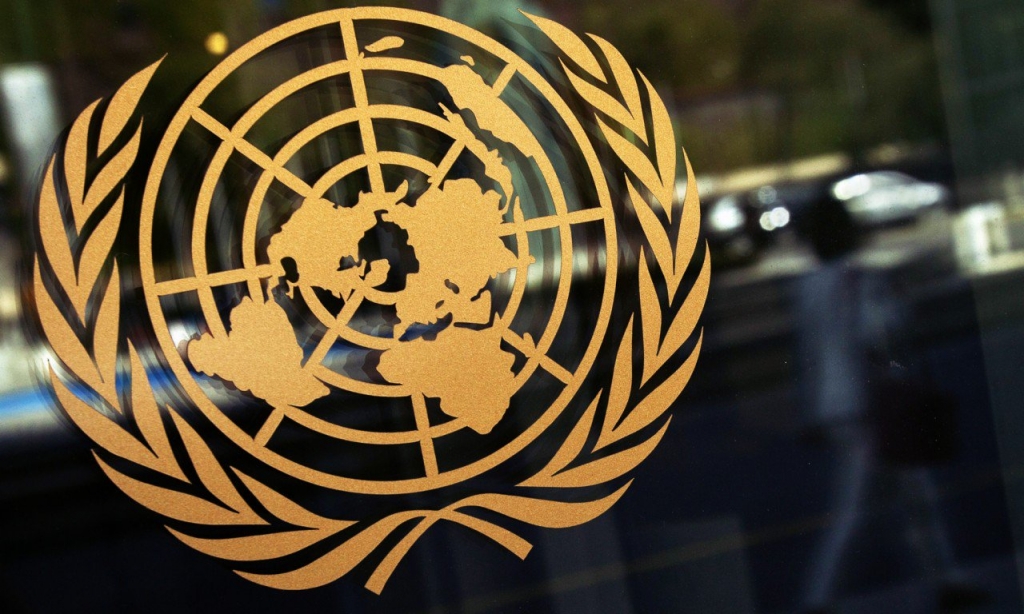Statement by Permanent Representative Vassily Nebenzia at an open VTC of UNSC members "Threats to International Peace and Security Caused by Terrorist Acts"
Mr. President,
Today, on 10 February, Russia marks Diplomats Day – our professional holiday. However this is not an invite to congratulate us. On the contrary, I would like to congratulate USG Voronkov. Before assuming this office, he was a prominent Russian diplomat. Ambassador Voronkov, please accept my warmest wishes.
We thank USG Voronkov and ASG Coninsx for effective leadership of their subordinate divisions in monitoring and rendering assistance to states in countering terrorism amidst today’s complicated context.
Terrorists make use of the global pandemic and its related socio-economic perturbations to win new adherents. They actively use Internet for these purposes. ISIL leaders utilize web resources to manage ISIL cells and combat units and promote their narrative.
We agree with Secretary-General’s assessments of the threat posed by ISIL. The report in front us clearly demonstrates that this terrorist organization is retaining its positions in a number of the world’s regions.
Mr. President,
The ISIL threat gains momentum in the Sahara-Sahel zone: the south-eastern part of Mali, northern areas of Burkina Faso, western regions of Niger. “Islamic State in the Greater Sahara” proceeds with the goal to create “Islamic caliphate”. With militants gaining stronghold in Central Africa, there remains a threat that they might penetrate countries of the southern African region. A rather complicated situation is unfolding in Mozambique, where militia leaders seek to seize gas fields to ensure a source of sustainable financing.
ISIL suffered a considerable defeat in Syria. However, terrorist threat still remains in the country, first of all due to the presence of “Hayat Tahrir al-Sham”. The group counts approximately 15,000 militants, and its main forces are concentrated in Idlib, western Aleppo and north-eastern Latakia.
“Hurras al-Din” also poses a serious threat to Syria. This group counts about 9,000 militants, at least half of them being FTFs from the Middle East and North Africa.
Speaking of Syria, the problem of repatriation of FTFs and their family members, especially minor children, occurs in its full magnitude. Unfortunately, a number of their countries of origin prefer to turn a blind eye to this problem. A vivid example of this is the problem of “Al-Hol” camp that has been travelling from one UNSG report to another for several years by now. States whose nationals are in the camp must establish stable interaction with Syria’s legitimate authorities for the sake of solving this problem.
Russia closely cooperates with the authorities of Syria and Iraq to establish the whereabouts of Russian minors in these countries and ensure that they get back home. At the end of December 2020, a humanitarian operation took home 19 children aged 3 to 15 years. Starting from December 2018, 274 children have returned to Russia from conflict zones: 122 from Iraq, and 152 from Syria. At this moment, sets of documents have been prepared for further 96 children who now live in refugee camps in Syria. We call on states to take every effort to save the children from involvement in the “cycle of violence” that is disseminated by terrorists.
Mr. President,
It is no less important to have full-fledged cooperation to hold FTFs accountable. In the first place, it should be cooperation with the states that have seen terrorist crimes on their territory. Instead, we witness attempts by some states to create quasi-legal mechanisms in cooperation with individuals and entities that are not authorized to administer justice.
We cannot fail to mention the problem of pseudo-humanitarian organizations created by Western special services. Instead of pursuing their proclaimed noble goals, they are used for provocations and inciting conflicts. The “White Helmets” are a sad example of this. They are closely linked to terrorists, first of all those from “Jabhat Al-Nusra”. The financing of this organization does not stop. Remarkably, after the defeat of ISIL in Syria, representatives of the “White Helmets” were transferred to the neighboring countries, with Western sponsors promising to take them along. But apparently things got slow. There are concerns that those “humanitarians” may now inspire terrorist activity on their new spots.
Mr. President,
ISIL positions in Afghanistan are still strong, which is why terrorist and drug threat are spreading from Afghanistan to other countries in the region and beyond. Despite the efforts of national enforcement authorities that are taken with the help and direct participation of a foreign military contingent, there are no signs of stabilization of the situation at this moment.
Speaking about countering terrorism in Afghanistan, we should recall crimes committed in this country by foreign military contingents and staff of private military companies. Those crimes must be investigated and the guilty held accountable.
Mr. President,
In conclusion, we would like to say that fight against ISIL yields its results. Today we can hardly speak of ISIL creating a “terrorist caliphate”, but the group still seeks to adapt to the changing environment and poses a real threat. Terrorists benefit from a lack of unity between states, and from their contradictions. We should not forget that ISIL evolved from the illegitimate use of force on a territory of a foreign state, and illegal cross-border arms deliveries. States must stay united and cooperate, having cast aside their discords, to counter ISIL as per the obligations stemming from UNSC resolutions and international conventions.
UN mechanisms and related technical assistance programs also share tasks to consolidate progress in countering ISIL. Thereby the report highlights the priority of human rights and gender aspects in UN programs and initiatives. Though these topics are important, the balance of approaches based on the UN Global Counter-Terrorism Strategy needs to be preserved.
Thank you.
